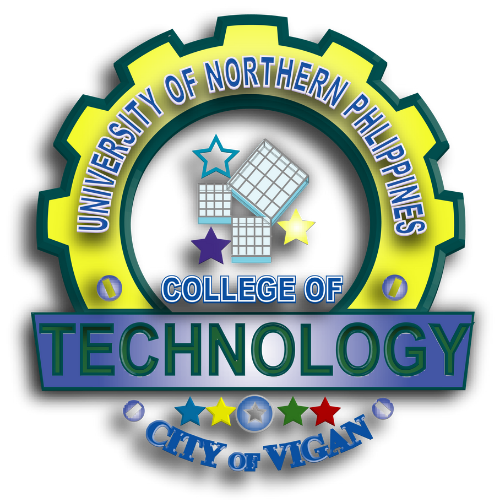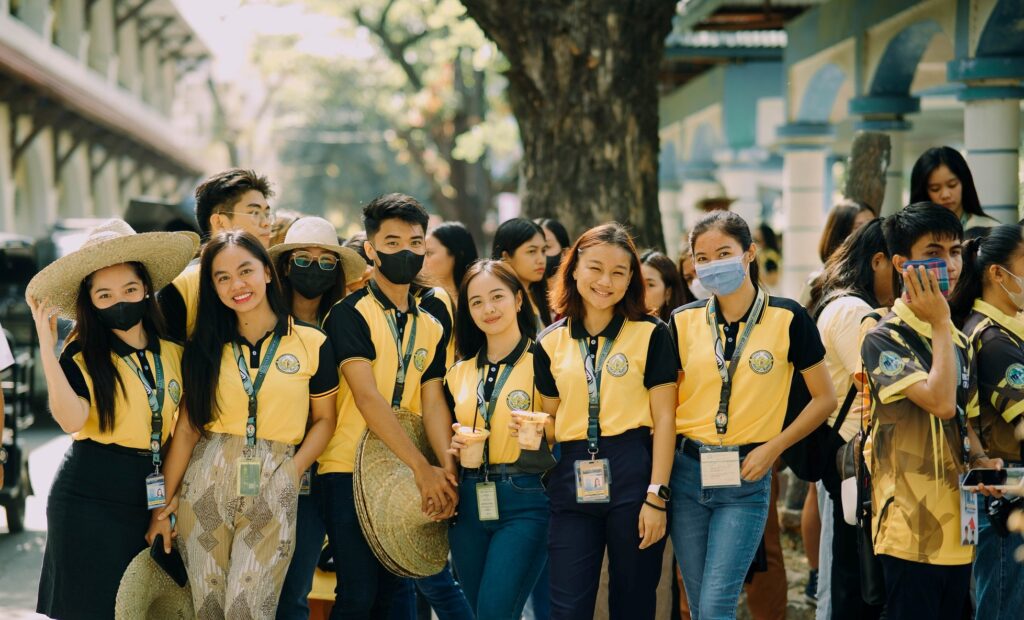CPAd Faculty benchmarks best practices at UP NCPAG, NU Dasmariñas
On February 9, 2026, faculty from the University of Northern Philippines (UNP) College of Public Administration (CPAd) conducted a benchmarking visit at the University of

On February 9, 2026, faculty from the University of Northern Philippines (UNP) College of Public Administration (CPAd) conducted a benchmarking visit at the University of
Strengthening community preparedness and promoting a culture of safety in schools, faculty members from the College of Health Sciences (CHS) of the University of Northern
Driven by a commitment to protect ancestral identity and fortify cultural resilience, the University of Northern Philippines College of Architecture and Built Environment (UNP-CArBE) took
The Development Academy of the Philippines (DAP) formally introduced the BAGANI Rising Leaders Development Program to student leaders of the University of Northern Philippines (UNP)
The UNP College of Engineering’s Agrimensores Club made the university proud after earning 1st Runner-Up in the PaGElingan Quiz Bee Competition during the 10th Annual Northern Luzon Geodetic Engineering
Boldly advancing internationalization and women’s empowerment, the College of Teacher Education (CTE) ignited a dynamic cross-border dialogue through “Hari Katrini dan Gabriela: A Cross-Cultural Celebration


-DOMINADOR AYSON, DBA
Franco O. Que, CPA (MBA ’13)